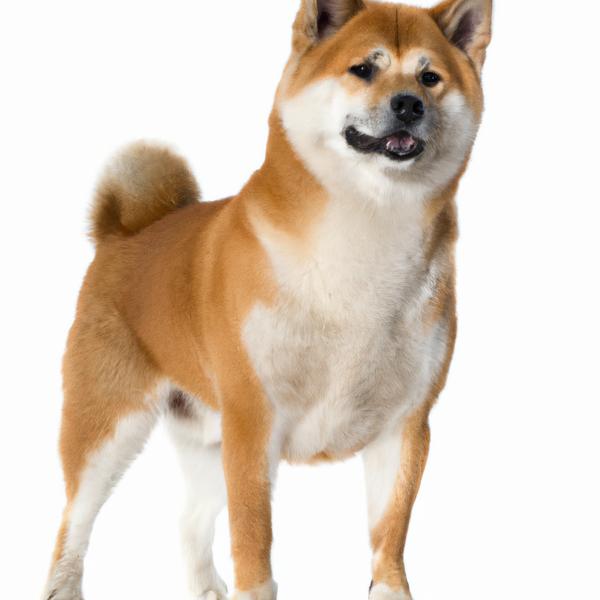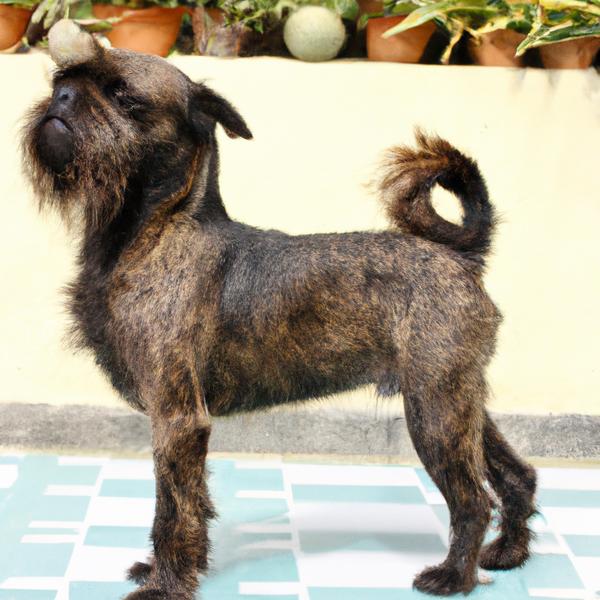Papi-Inu vs. Papigriffon: Breed Differences and Similarities
Hypoallergenic
Are Papi-Inus or Papigriffons hypoallergenic, or neither?
Unfortunately, neither Papi-Inu nor Papigriffon are hypoallergenic, which may not make them the best choice for dog lovers who suffer from pet allergies.
Temperament
What are the personalities of Papi-Inu and Papigriffon dogs?
Happy
Energetic
Alert
Intelligent
Confident
Friendly
Going
Fearless
Keen
Faithful
Charming
Happy
Energetic
Alert
Sensitive
Intelligent
Friendly
Inquisitive
Selfish
Watchful
Companionable
Shedding Level
Do Papi-Inus shed more than Papigriffons, or which breed sheds more, Papi-Inus or Papigriffons?
Papi-Inus are moderate shedders, but regular brushing can reduce shedding and maintain coat health.
Papigriffons shed very little hair, making them a great choice for those who dislike excess hair in the house.
Ancestry
What are the origins of Papi-Inu and Papigriffon breeds?
Papillon and Shiba Inu
Papillon and Brussels Griffon
Date of Birth
When were Papi-Inu and Papigriffon breeds first developed?
Unknown
1990s
Eye Color Possibilites
What are the eye colors of Papi-Inu and Papigriffon dogs?
Brown
Brown
Nose Color Possibilites
What are the natural nose colors of Papi-Inu and Papigriffon?
Black
Black
Coat Color Possibilites
What are the natural colors of the coat for Papi-Inu and Papigriffon breeds?
Black
Brown
Red
Cream
White
White
Fawn
Brown
Brindle
Gray
Gray
Sable
Coat Length
What is the typical coat length for Papi-Inu and Papigriffon breeds?
The coat of Papi-Inu and Papigriffon dogs falls in the medium-length category.
Coat Density
What is the density of the coat of Papi-Inu and Papigriffon?
Coat Texture
What is the hair texture of Papi-Inu and Papigriffon?
Straight
Litter Size
What is the usual litter size for Papi-Inu and Papigriffon?
Papi-Inu and Papigriffon, can have a litter of 2-4 puppies each on average. Nonetheless, it's important to keep in mind that litter size can differ significantly between individual dogs. Various factors such as the mother's health, breeding history, and genetics can have an impact on litter size.
Adaptability
Papi-Inu and Papigriffons are known for their adaptability and versatility. They are capable of adapting well to a wide range of lifestyle changes and living environments, making them great companions for families and individuals of all lifestyles.
Health Issues
Between Papi-Inu and Papigriffon, which breed is more prone to health problems?
Papi-Inu and Papigriffon breeds are generally considered to be healthy. However, like all breeds, they are susceptible to certain health issues and it is important to keep an eye out for them and address them with your veterinarian as needed.
Major Concerns
What are the major health concerns for Papi-Inu and Papigriffon breeds?
Hip Dysplasia
Von Willebrand's Disease
Mitral Valve Dysplasia
Patellar Luxation
Canine Hip Dysplasia (Chd)
Von Willebrand's Disease
Hypothyroidism
Progressive Retinal Atrophy (PRA)
Minor Concerns
What minor health issues should be kept in mind when owning Papi-Inu and Papigriffon?
Cataracts
Follicular Dysplasia
Progressive Retinal Atrophy (PRA)
Hypoglycemia
Eye Problems
Occasional Tests
What occasional tests are recommended for Papi-Inu and Papigriffon breeds?
Brain Auditory Evoked Response (BAER)
Internal Imaging (x-ray, CT scan, MRI, etc.)
Blood And Urine Analysis
Full Chemistry Panel Tests and Blood Count
Eye Examinations (both internal as well as external)
Echocardiography (ultrasound)
Eye Examination
Ultrasound
Buccal Mucosal Screening
Regular Full Physical Examination By Veterinarian
Ophthalmic Examination
Blood Tests and Analysis
Electroretinogram (ERG)
Biochemistry Panel Tests
Hip and Elbow X-rays
Social Needs
Papi-Inu vs Papigriffon social needs comparison
Papi-Inu has above average social needs and thrives with interaction with humans and other dogs.
Papigriffon has very high social needs and requires regular mental and physical stimulation, a job or purpose, and companionship.
Sleeping Need
Which of the two sleeps the most/least: Papi-Inu or Papigriffon?
Papi-Inus sleep less than other breeds but still need adequate sleep for good health.
Papigriffons have moderate energy levels and typical sleep patterns of 12-14 hours per day.
Mouthiness
Mouthiness Comparison: Papi-Inu vs Papigriffon?
Roaming urge
Papi-Inu vs Labrador: Running away tendency?
Prey Drive
Papi-Inu or Papigriffon - which breed has a higher level of prey drive?
Activity Level
Which breed has higher energy, Papi-Inus or Papigriffons?
Both Papi-Inu and Papigriffon are medium-energy dogs that enjoy socializing and playing with other dogs. They may engage in casual or sustained games of chase, and occasionally have bursts of barking or racing around the house.
Tolerance of being left alone
Walks per Week
How many miles should Papi-Inu or Papigriffon walk each week?
Papi-Inu and Papigriffon generally need a minimum of 7 miles of walking per week, but it can be increased as long as they are comfortable with it.
Activity per Day
Do Papi-Inus or Papigriffons require more exercise?
In general most Papi-Inus usually need at least 90 minutes of exercise daily. This can be spread across the day and include all sorts of high-energy activities, like walking, running and playing.
In general most Papigriffons usually need at least 60 minutes of exercise daily. This can be spread across the day and include all sorts of high-energy activities, like walking, running and playing.
Grooming
Which breed is easier to maintain in terms of grooming, Papi-Inus or Papigriffons?
The Papi-Inu requires an average amount of grooming compared to other breeds.
Papigriffons require significant grooming, including regular trims and professional grooming assistance to maintain their coat. They may also require frequent bathing to keep their coat and skin healthy.
Brushing Frequency
What is the recommended brushing frequency for Papi-Inu and Papigriffon dogs?
Papi-Inu and Papigriffon should be brushed at least once a week. Of course, you can give them more frequent brushes if you find that they are still shedding a lot.
Brushing Tools
What brushing tools are used for Papi-Inus and Papigriffons?
Pin Brush
Deshedder
Nail Clipper
Pin Brush
Comb
Deshedder
Nail Clipper
Cups
How much food should be given to Papi-Inu or Papigriffon in cups?
For an average 5-24 pound (2 - 11 kg) Papi-Inu feed 1 cups daily. But, keep in mind, the amount you feed is going to be dependent on the quality of the food you are feeding.
For an average 6-12 pound (3 - 5 kg) Papigriffon feed 1.5 cups daily. But, keep in mind, the amount you feed is going to be dependent on the quality of the food you are feeding.
Daily Cost
Which breed has a higher daily cost, Papi-Inu or Papigriffon?
The average cost of a Papi-Inu is somewhere $1.10 - $1.40 per day.
The average cost of a Papigriffon is somewhere $1.40 - $3.50 per day.
Monthly Cost
Which breed has a higher monthly cost, Papi-Inu or Papigriffon?
The average per month expenses of a Papi-Inu is between $35 - $42. This makes an average of $420 - $504 per year. It will be on the higher side when the dog is still small because it will need more frequent visits to the vet, shots.
The average per month expenses of a Papigriffon is between $36 - $45. This makes an average of $432 - $540 per year. It will be on the higher side when the dog is still small because it will need more frequent visits to the vet, shots.
Sensitivity Level
How do Papi-Inu and Papigriffon compare in sensitivity?
Papi-Inus have average emotions and adapt well to different situations.
This breed is sensitive and requires gentle handling and a calm home environment.
Apartment Friendly
Which breed is more apartment-friendly: Papi-Inu or Papigriffon?
Papi-Inu and Papigriffon are apartment-friendly dog breeds. They can do perfectly well in apartments providing they are sufficiently exercised and taken out and about as part of their owner's daily lifestyle.
Child Friendly
Do Papi-Inus or Papigriffons have a friendlier temperament towards children?
Papi-Inus are good with kids if socialized and trained from a young age.
Papigriffons have an average level of friendliness towards children.
Senior-friendly
Which dog is more suitable as a pet for the elderly - Papi-Inu or Papigriffon?
Cat Friendly
Do Papi-Inu or Papigriffon breeds have a better compatibility with cats?
Papi-Inus are good with cats, but early training is needed to prevent chasing behavior.
Papigriffons are very friendly with cats and make great companions for them.
Dog Friendly
Which breed is more sociable with other dogs: Papi-Inu or Papigriffon?
{Papi-Inus and Papigriffons are average friendly towards other dogs. If they are raised with other dogs, they are likely to get along with them. And, if they are socialized properly from a young age, they will usually be great with other dogs.
Pet friendly
How do Papi-Inu or Papigriffon dogs interact with other pets?
Stranger Friendly
Which breed is more friendly with strangers: Papi-Inu or Papigriffon?
Papi-Inu and Papigriffon are friendly dogs and typically won't bark at strangers. However, if you wish to change this behavior, training them is easy thanks to their intelligence, making it pretty simple to teach them anything.
Playfulness
Which breed is more playful between Papi-Inu and Papigriffon?
Papi-Inu and Papigriffon are playful dogs. So, no matter how busy the day may get, the best thing you can do for Papi-Inu and Papigriffon is to make time each day to play. It can be as little as 15-20 minutes, and it will mean the world to them.
Trainability
How do the trainability levels of Papi-Inus and Papigriffons compare?
Papi-Inu and Papigriffon dogs are usually easy to train, but may require consistency to fully obey commands.
Compare Papi-Inu with other breeds
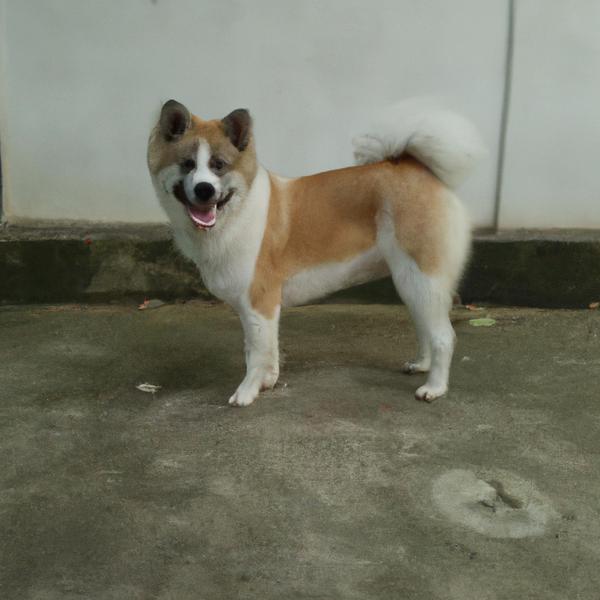
Baskimo
Papi-Inu vs Baskimo
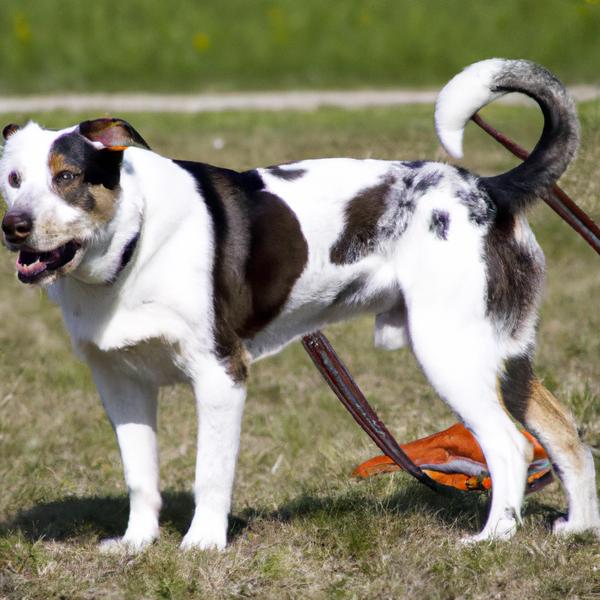
Bull-Aussie
Papi-Inu vs Bull-Aussie
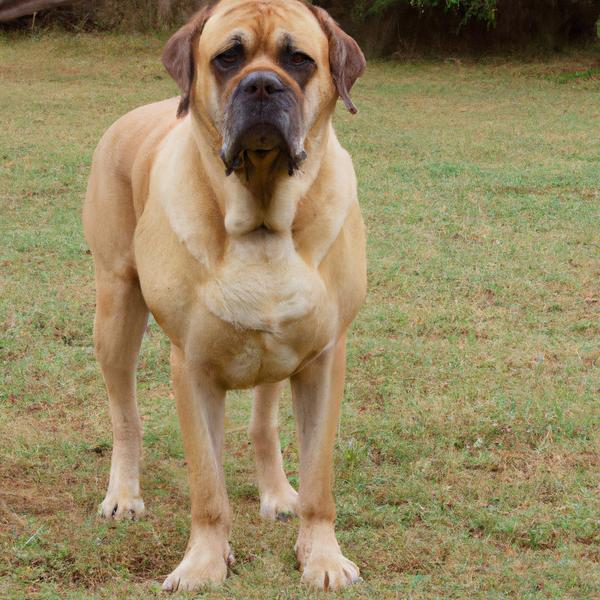
Golden Bullmastiff Retriever
Papi-Inu vs Golden Bullmastiff Retriever
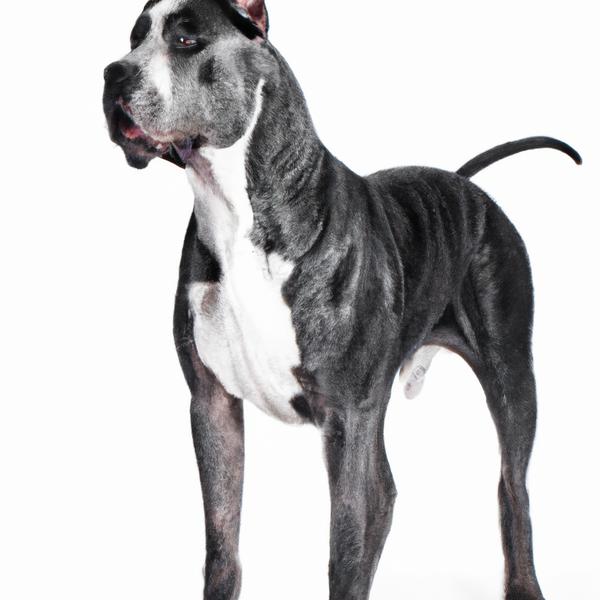
American Bull Dane
Papi-Inu vs American Bull Dane
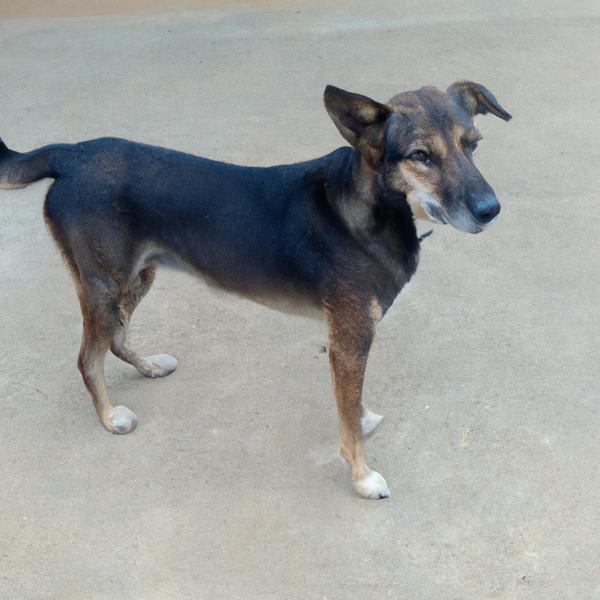
Dusky
Papi-Inu vs Dusky
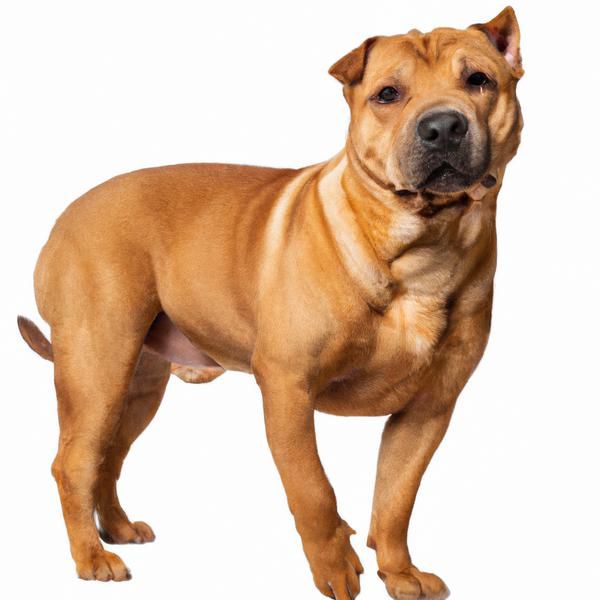
Shar-Pei Pitbull Terrier
Papi-Inu vs Shar-Pei Pitbull Terrier
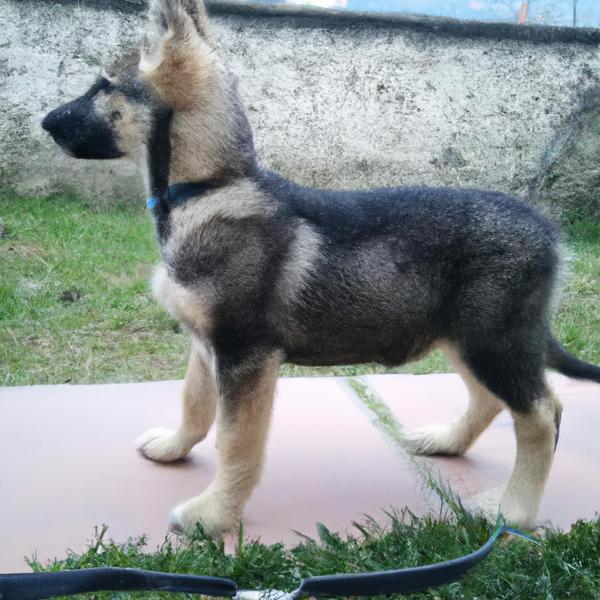
New Shep
Papi-Inu vs New Shep
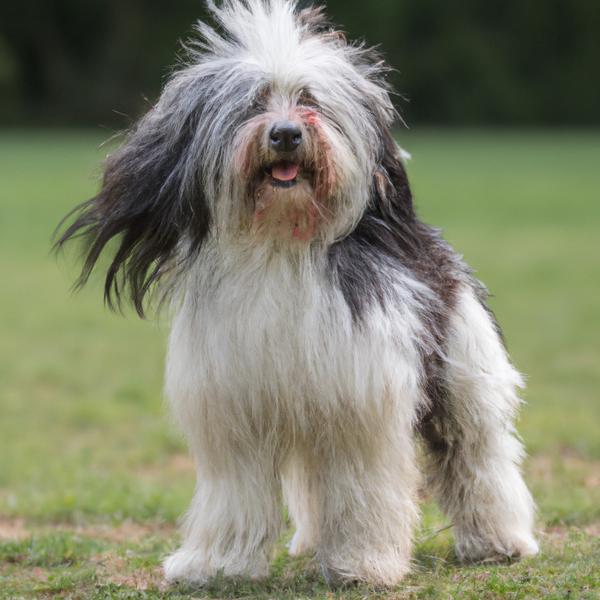
Crested Havanese
Papi-Inu vs Crested Havanese
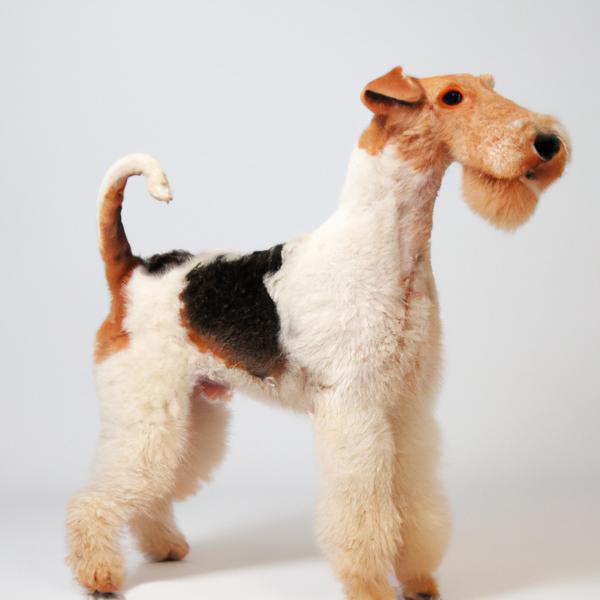
Wire Fox Terrier
Papi-Inu vs Wire Fox Terrier
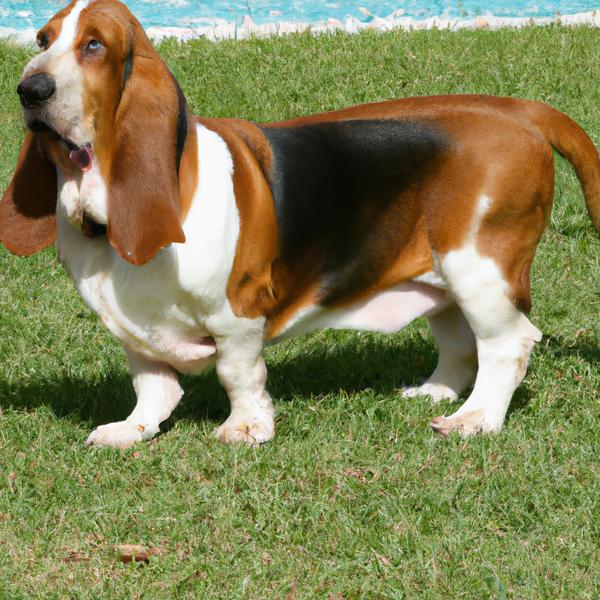
Basset Hound
Papi-Inu vs Basset Hound
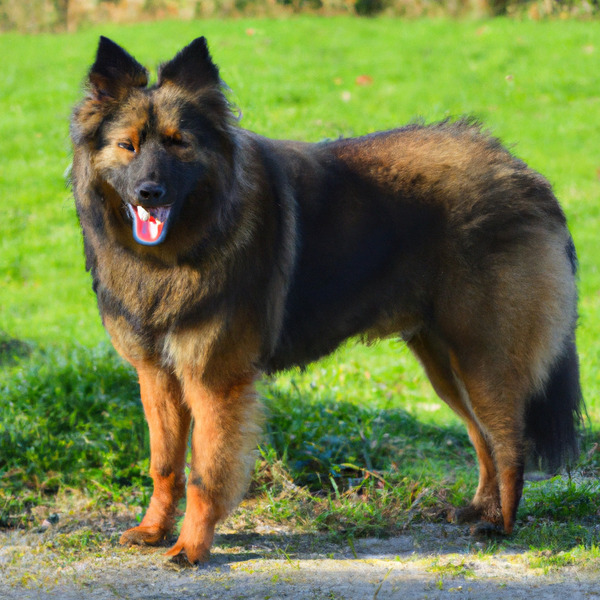
Basque Shepherd
Papi-Inu vs Basque Shepherd
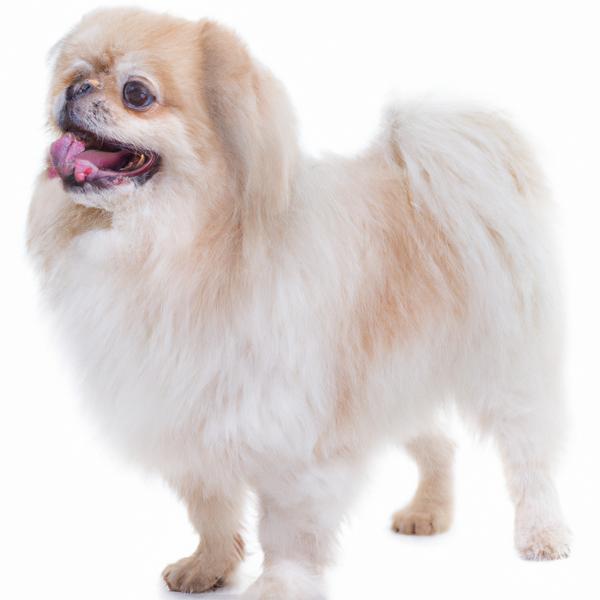
Pom-Shi
Papi-Inu vs Pom-Shi
